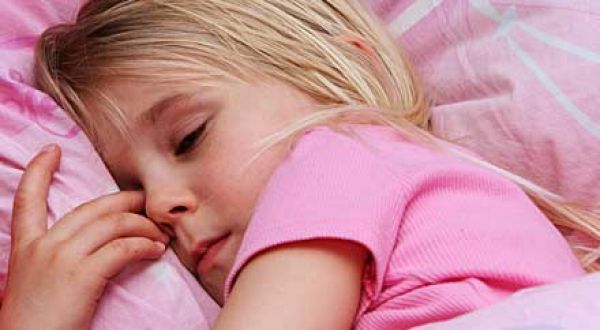Bedwetting is only recognized as being a problem after the age of 5 and when a child regularly wets the bed three times a week or more. Most Children are able to remain dry at night by the time they reach 5 Years old; however if left untreated it can persist so that even at 7.5 Years 15 out of every hundred children sometimes wet the bed. This means that in a class of 30 Pupils 4 or 5 of them could be affected. It is generally more common in boys than in girls.
What Causes bedwetting?
Bedwetting often runs in families. Usually, the child becomes dry at about the same age as the parent did. Bedwetting is not due to laziness or nastiness.
It is now believed that bedwetting, also called nocturnal enuresis, may be caused by one or more of the following problems:
Urine Production does not slow down at night
We all produce a substance called vasopressin to slow down production of urine overnight. If you wet the bed, it is possible you do not produce enough vasopressin to reduce urine production.
Bladder capacity/instability
Some Children who wet the bed have a small bladder with a low capacity that holds less than the average amount of urine so they may need to pass urine more often.
Difficulty Waking
Some children are not able to wake up when their bladder is full and so when it empties, they wet the bed. However, difficulty waking does not cause bedwetting alone and is normally present with one of the other problems.

Your Baby checkup
what are the vaccinations that he should have taken until now?
Generate a report for my baby.
Track Your Baby Vaccinations
Find Your Baby name
Mohandessin
01002195777
01000012400
0233048350
Beverly Hills
01000012900
0238576831
El Tagamo3
Al Sheikh Zayed
02- 38514031
01000608597


